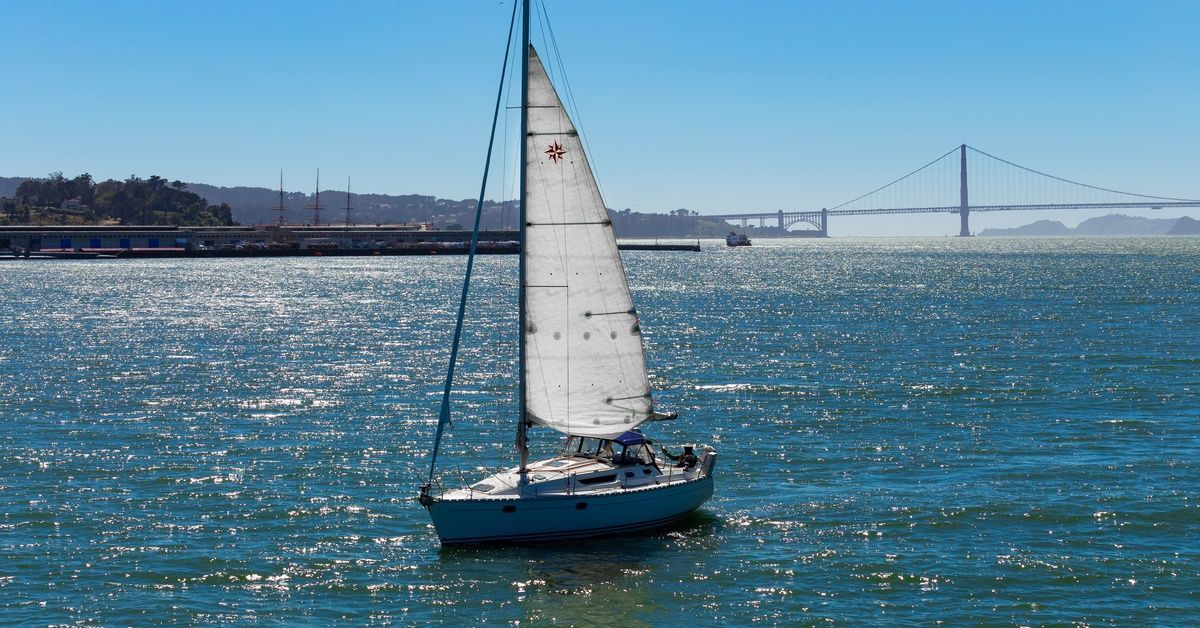Looking for he perfect gift? We offer gift certificates! Contact us today to purchase a gift certificate, and make someone's day extra special!
Popular Sailing Superstitions from Around the World
Paige Pesko • February 14, 2020

The universe is full of mystery and wonder, with many locations on Earth still unexplored to this day. Throughout history, humans have attempted to understand life’s little intricacies in a myriad of intriguing ways. The myths and superstitions that served as explanations for the wonders of the world may not have been entirely accurate, but they’re entertaining nonetheless. Some of the most interesting legends stem from sailing lore. Though some of these beliefs have fallen by the wayside over the years, sailors still uphold many of them to this day. Familiarize yourself with some of the most popular sailing superstitions from around the world before you step aboard a boat or embark on your next San Francisco sailing tour.
No whistling
Whistling may seem like a relatively harmless pastime, but it’s expressly forbidden on many ships around the world. This superstition stems from the belief that whistling brings about bad weather. Whistling was seen as a challenge to the wind and was thought to incite large gusts of wind, which could be particularly detrimental to large sailing ships. Singing was often frowned upon for the same reason. Sailors of yore also restrained from clapping or stomping on board, as they believed this could stir up a thunderstorm. These superstitions aren’t entirely ominous, however. Sailors stuck on windless waters would often whistle or sing in the hopes of stirring up a breeze that would blow their ship to safety.
No women on board
Though it’s now quite outdated, the belief that women are bad luck on boats was once one of the most popular sailing superstitions from around the world. Sailors believed that women would distract them from their duties, causing them to run the ship aground. They also believed that women would arouse passion and jealousy between crew members. A crew must run like a well-oiled machine, but if sailors were caught in a twisted love triangle, things could turn sour very quickly. The superstition that women are bad luck on boats may also be connected to ancient beliefs in sirens and mermaids. It was believed that sirens took the form of beautiful women who sang entrancing melodies in an effort to lure unwary sailors to their death. Though sirens and mermaids are entirely mythological, the association took hold and led to the banishment of women from many boats.
Never rename a ship
Many sailors believe that a ship takes on a life of its own over time. The naming of a ship, therefore, is incredibly important and can play a big part in the personality the ship develops. Ships should traditionally be christened before their first voyage—a celebration usually accompanied by a generous pouring of wine—and they should never undergo a name change thereafter. It was also once believed that every ship’s name is recorded in the God of the Sea’s Ledger of the Deep. Changing your ship’s name meant you were attempting to pull a fast one on Poseidon, who was unlikely to react kindly to such deceit.












